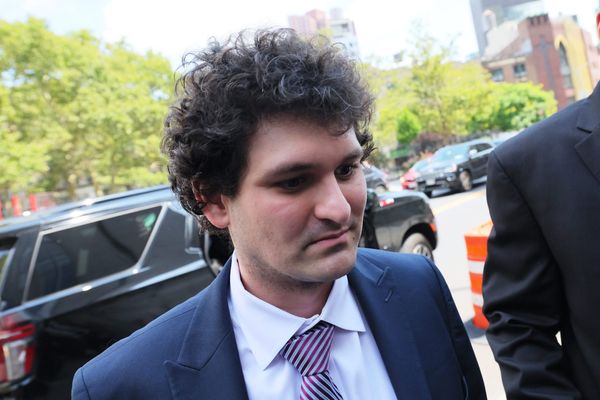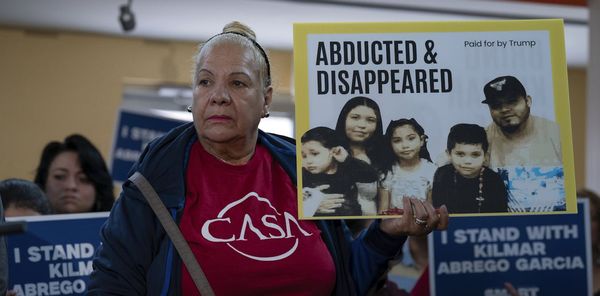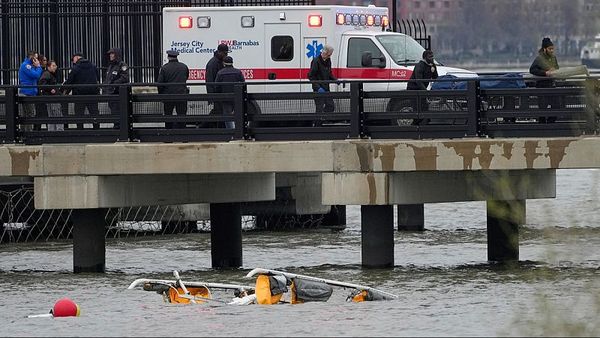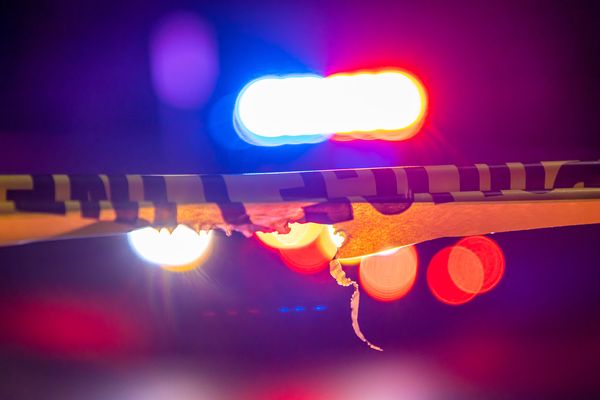
Police on Jersey have admitted they conducted unlawful searches at premises allegedly linked to Russian billionaire Roman Abramovich and have agreed to pay damages and apologise, according to a legal document seen by Reuters.
After President Vladimir Putin ordered the invasion of Ukraine on Feb. 24, the West slapped the most severe sanctions in history on Russian officials and Russian businessmen, freezing hundreds of billions of dollars in assets.
On April 12, the Royal Court of Jersey imposed a formal freezing order on $7 billion worth of assets linked to Abramovich, who made a fortune in the chaos of the 1990s, and police carried out searches of premises suspected of being connected to Abramovich.
But the legality of the search warrants issued the same day was challenged by the companies searched. Two search warrants were issued for the search of premises alleged to be connected to Abramovich's business activities.
In a consent order dated Nov. 9 and confirmed by two sources, Jersey police acknowledged that "the search warrants were obtained unlawfully" and agreed "that the search warrants should be quashed," according to a copy of the document seen by Reuters.
Jersey police said the investigation was led by the Economic Crime and Confiscation Unit based in the Law Officers' Department, and that it was not appropriate to comment on "a live investigation". The Law Officers' Department did not reply to a request for comment.
According to the legal document, a Jersey police officer on secondment to the Economic Crime and Confiscation Unit made the search warrant applications.
The police also agreed to pay damages and costs, confirmed that all copies of documents seized in the searches had been destroyed and that the police would apologise to Abramovich, the document said.
"Mr Abramovich has always acted in accordance with the law, we are pleased that the Jersey Police have conceded in relation to these unlawful and unfounded searches," Abramovich's spokeswoman said.
It was not immediately clear what impact the admission of unlawful searches would have on the $7 billion freeze.
Abramovich, who also holds Israeli citizenship, was one of the most powerful businessmen who earned fabulous fortunes after the 1991 break-up of the Soviet Union. Forbes has put his net worth at $8.7 billion.
A commodity trader who thrived in the post-Soviet disorder of the 1990s under then-President Boris Yeltsin, Abramovich acquired stakes in the Sibneft oil company, Rusal aluminium producer and Aeroflot airline that were later sold.
Under Putin, Abramovich served as governor of the remote Arctic region of Chukotka in Russia's Far East. He has been involved in attempts to find a negotiated settlement to the war, thus far without any success.
Britain has sanctioned Abramovich, casting him as a "pro-Kremlin oligarch."
"Abramovich is associated with a person who has been, and is, involved in destabilising Ukraine and undermining and threatening the territorial integrity, sovereignty and independence of Ukraine, namely President Vladimir Putin," according to the UK Sanctions List.
Supporters of Abramovich, who never gives interviews, say that such assertions are unproven and fail to understand the business climate of post-Soviet Russia.
(Reporting by Guy FaulconbridgeEditing by Raissa Kasolowsky)







